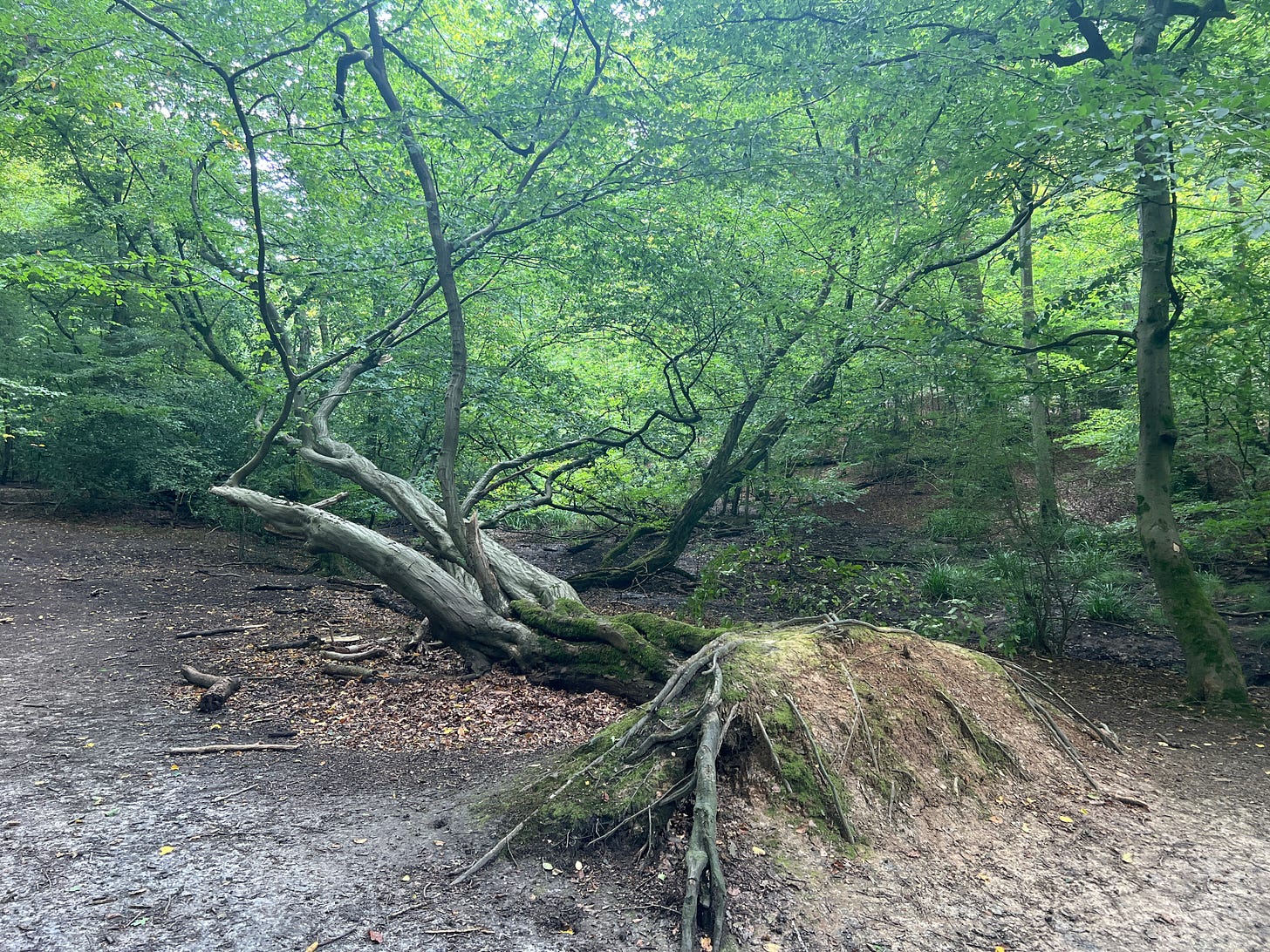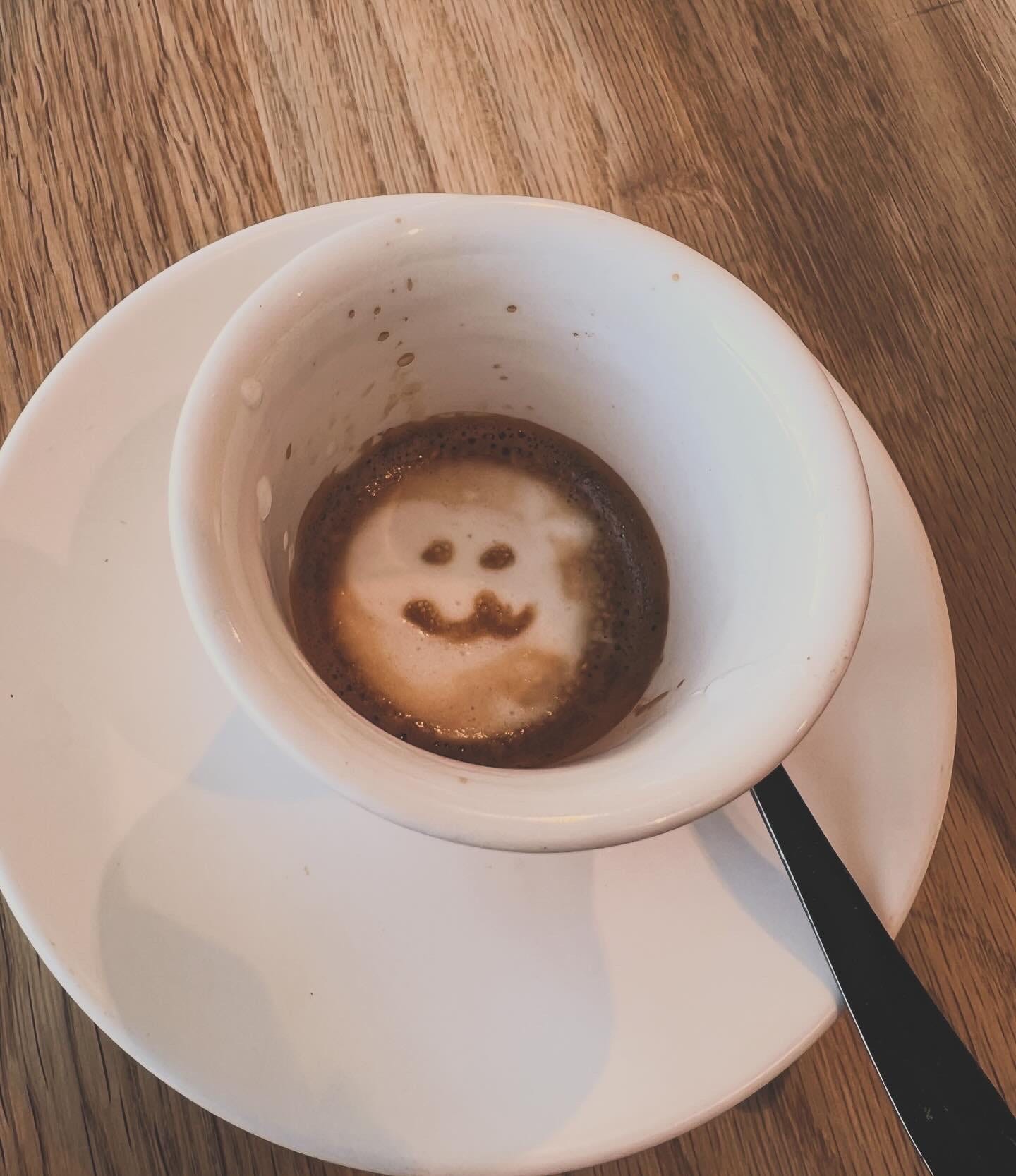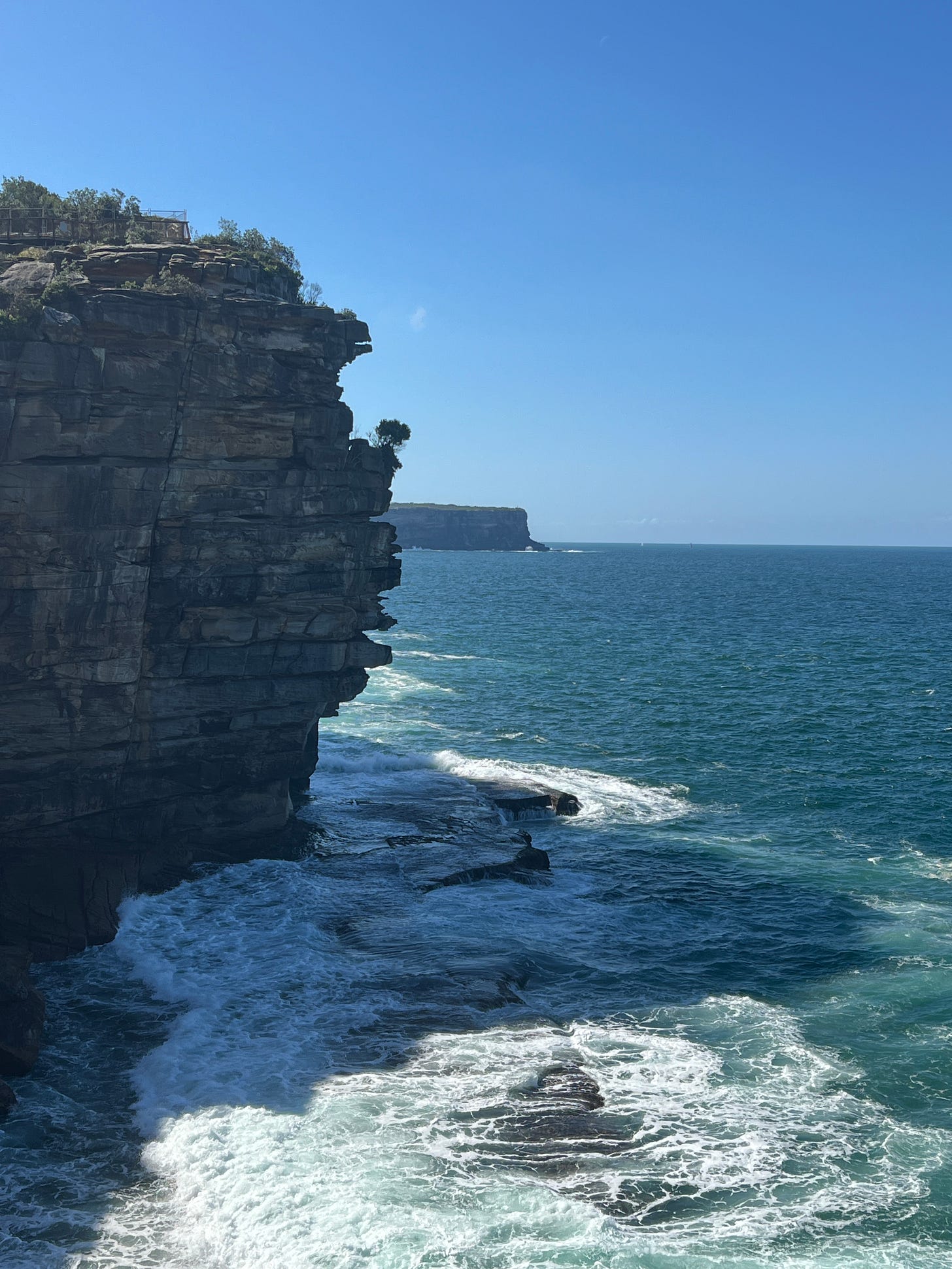Hopefulness is not a neutral position — it is adversarial.
- Nick Cave
I had another post all written out and ready for this week. I felt hopeful about what this week would bring. I wrote about the everyday concerns of my practice, as I generally do. But instead, things have gone very differently than I imagined and so, whatever else I might have planned to do or think about, there is now only one, overriding theme on my mind. That theme is hope.
I have always been a hopeful person. It is - quite literally - my middle name. My 12 year old self who chose that name to be Confirmed by had no idea what irony it would hit with, 20 years later. For many reasons that are hard to list here, the last few years of my life have been an onslaught of disillusionment. My personal, romantic, creative, social and political views have been challenged again and again. I know I’m not the only one. But none of us can live without hope. So where do I find hope now?
I’ve already seen people decide to withdraw and batten down the hatches. I get that. In the weeks before COVID took over our lives, I had to work hard to convince my then partner to buy up some extra rice because I felt a rumbling in the waters - ten days later, you couldn’t buy rice for love nor money. The supermarket we’d gone to was cleared of all useful food. Like most people, I was scared. I gave in to the urge to protect myself. But against this backdrop of chaos and fear, I felt the population of London galvanise around me. We agreed, at least for a short time, on what we needed most. The streets went quiet. The world was quiet. We waited.
Out of this time, there was an influx of people who made changes to their lives - the “quiet quitting” phenomenon (making the minimum effort possible at work) came to the fore, or they left unsatisfying jobs altogether, the slow living movement took off, and above all, people turned back to making things. Stories, music, art. The importance of that kind of work was more pronounced than ever. It is not new for me to suggest that this kind of work is hopeful work. Let’s get into it.
We need magic.
To practice any art, no matter how well or badly, is a way to make your soul grow.
– Kurt Vonnegut
I grew up very aware of the rise in militant atheism and the kinds of politics that always pitted intellectual superiority against everything else. Somewhere along the line, discussions shifted and grew more polarised. Today, “fact” is a tenuous concept altogether. But I have often found myself in rooms with very smart people who were convinced that the most ‘factual’ argument would win the day in the end. Our feelings about the state of things should be ignored because facts are facts. All I can say now, from this vantage point - which is still in many ways youthful and which I suspect will never be fully formed - is that trying to bludgeon anyone into agreeing with you by offering a pretence at pure rationalism does very little to connect you with your fellow human or convince them of anything. I believe that we are romantic beings. We need mystery, we need dreams, we need magic. Or, to use a dead white guy to back me up on this; “Reason is, and ought only to be the slave of the passions.” Thank you, David Hume.
The state of the world doesn’t offer much magic or mystery right now - at least, not in a positive sense - for many groups of people. But the act of making things is the closest we get to making magic in our own lives. If there was ever any doubt about the role art might play in our lives at this moment in time, reconsider now. It is important work because as I’ve said before (and will say again now), art is hopeful. We can be factual, intellectual beings, and still require a soul’s feeding. Art acknowledges the importance of magic in our own lives by feeding the soul.
We need to reconnect.
Is the universe friendly?
- F W H Myers (often misattributed to Einstein)
While scientific endeavours try to look out into the world and see it clearly, art looks both inward and outward and tries to understand it. The act of creating something hinges on a desire to connect this internal and external world - to find space enough to understand ourselves and others, which builds a sense of comfort and security in our place in the order of things. To quote Rick Rubin:
Each of us has our own way of seeing this world. And this can lead to feelings of isolation. Art has an ability to connect us beyond the limitations of language. Through this, we get to face our inner world outward, remove the boundaries of separation, and participate in the great remembering of what we came into this life knowing. There is no separation. We are one.
By seeing ourselves as part of the greater whole, a vital sense of connection can begin to grow and flourish. This fosters a sense of security. Some of us don’t need much of a sense of security to want to make change in the world. Others do (it’s the batten-down-the-hatches urge, which I understand). Either way, we wouldn’t bother changing a world we didn’t believe we had some connection to - some place in. And perhaps we don’t make art necessarily with the intention of actively changing anything at all. But art can change minds, whether we intend it to or not. We speak of experiences that feel true. In that seed of truth, there lies hope - that someone will come to understand us, that we will come to understand them. Nobody puts this feeling better, for me, than Natalie Goldberg and so here it is:
The deepest secret in our heart of hearts is that we are writing [or making art] because we love the world, and why not finally carry that secret out with our bodies into the living rooms and porches, backyards and grocery stores? Let the whole thing flower: the poem and the person writing the poem. And let us always be kind in this world.
– Natalie Goldberg
Kindness is a high bar sometimes. Especially when we feel under threat by just about everything. I try to remember that I do fundamentally think the universe is friendly (though I don’t think it is kind). Still, we make art because we are hopeful that the love we feel for the world will be reciprocated, somehow. But even if it isn’t, we still love the world. We make art anyway, because we love it.
We need courage.
If you’re an artist, you already know about courage. It takes courage to tolerate the uncertainty required for an artistic practice. People who cannot become comfortable with this often give up making art. It’s hard to keep finding the courage to deal with instability and vulnerability. When people talk about the discipline required to become a master at anything, it seems they are often mostly talking about consistency. Courage, I think, is a muscle that can be developed through consistency. Nobody is asking you not to be afraid, not to have needs or desires, or to pretend you are a purely rational being who can merely be satisfied materially. In fact, the opposite. An artistic practice acknowledges the value of the things you can’t quite pin down - the woolly concepts, the unspecified feelings, the hard-to-reckon-with truths. Art-making and the urge to do it makes liminality a sudden and central component of your life. To quote Jonas Salk, who helped make an early polio vaccine a reality:
Hope lies in dreams, in imagination, and in the courage of those who dare to make dreams into reality.
How do we keep imagining and dreaming? How do we find the courage to realise these dreams and imaginings? I believe practicing making art is practicing having courage. And it will take courage to make real change anywhere. The courage to try something new - something that feels queer, out of the ordinary, or other - builds a sense of hope, the way that exercising two connected muscles can help both to gain strength.
And finally…
Perhaps nothing I’ve said here means anything - hope is, after all an individual process, much like making art. But I do think hope requires effort - it is adversarial, to return to the opening quote (and btw, I recommend this video interview with Nick Cave, which is some soothing viewing. Soothing is no bad thing right now). For me, the lessons of a pandemic feel more pertinent than ever, four years on. What do you value? What is the most important work you could be doing, right now? The waves of change are still crashing down on us and they will go on crashing until something even more significant alters the tide.
I think artists are lucky, in this moment. We have a practice that asks us to look outward and inward at the same time, which has already taught us to deal with uncertainty in a unique way, and which grows our compassion and desire to understand other people. We have work we can do which feeds the soul first, which demands courage and resilience. Now, more than ever, our work is important.
With a sense of magical possibility, a sense of connection to something greater than ourselves, and a desire to tap into our own courage, we can tackle change - in time. To me, there is no more hopeful notion.
Until next time,
Be well.
CCx







